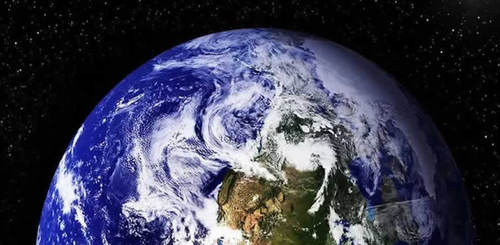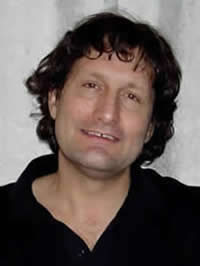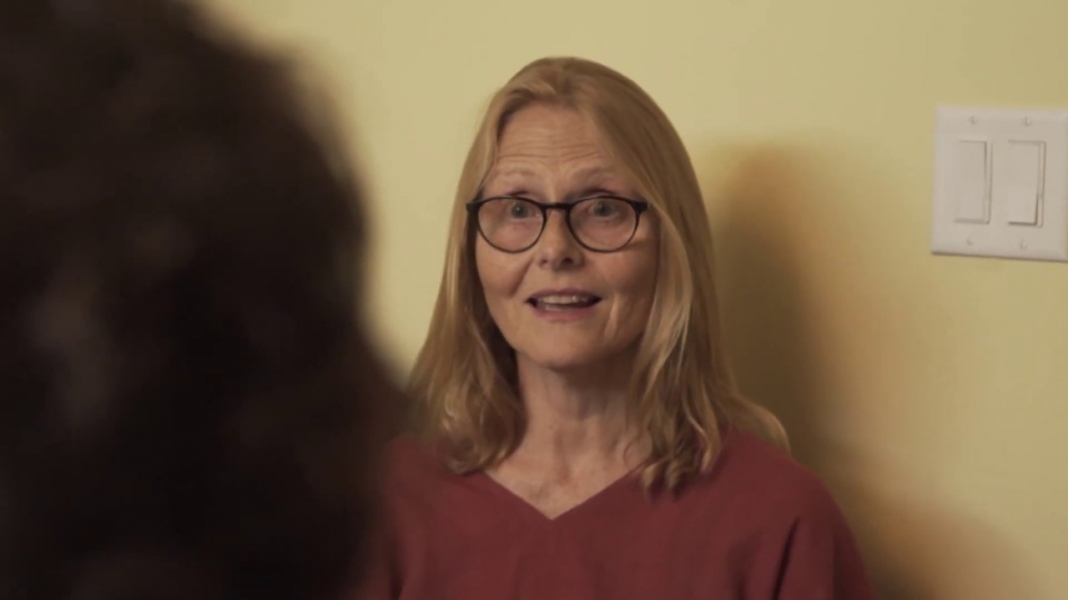
What is human energy?! Why is it that some days, for me, anything seems possible? Here I feel a huge YES and the capability to engage life’s important yet difficult problems. Other times, even the most innocuous obstacle can be daunting and derail me. I believe it has a lot to do with how I manage my energy.
The poet David Whyte says, “When you wake in the morning, the moment you begin to plan your day — the world is too small for you!”. Daily agendas and trivia can shadow life’s deeper, more meaningful landscape. The throng of plans and busy-ness take hold of our energy, masking myriad opportunities and precious moments that pass us by each day. Our smart phones and computers have given us highly scheduled, highly connected, and busier lives. Technology has helped us work more not less. Technology has made our lives more complicated not simpler. It can have a huge toll on our energy if we do not keep our priorities aligned with integrity to our thoughts, words, and actions.
From a practical working perspective, Tony Schwartz says, “The core problem with working longer hours is that time is a finite resource. Energy is a different story. Defined in physics as the capacity to work, energy comes from four main wellsprings in human beings: the body, emotions, mind, and spirit.” He wrote the book “The Power of Full Engagement: Managing Energy, Not Time, Is the Key to High Performance and Personal Renewal”. Schwartz helps the reader identify and learn where his or her energy comes from and where it goes. Just like Steven Covey, author of the most famous business “energy” book of all time, “The Seven Habits of Highly Effective People”, he comes right out and defines our energy intelligences and resources as 1) physical, 2) emotional, 3) cognitive, and 4) spiritual. He asks the reader to take a census of how he or she fosters and loses energy at each of these levels, and then to run experiments to become more intelligent in nurturing, using, and protecting these resources. When we manage energy we do work more appropriately according to the energy it requires; getting things done in a more holistic way.
As a consultant helping large corporations to increase performance, Schwartz initiated an experiment with bank executives. He was able to improve their bottom line in “THE BIG THREE” – loans, deposits, and mortgages – their most significant performance indicators. He did it not by helping them squeeze in more work more efficiently, but rather by helping them understand themselves better as whole people – helping them manage their energy, not their time.
Read Schultz’s article in the Harvard Business review regarding tips you can use to start you on your way and about the dramatic results the bankers had in his research study…
Also, we have both of the business “energy management books” in our Turning Point Library for you to check out and borrow, Tony Schwartz’s book, “The Power of Full Engagement: Managing Energy, Not Time, Is the Key to High Performance and Personal Renewal” and Stephen Covey’s book, “The Seven Habits of Highly Effective People”.










